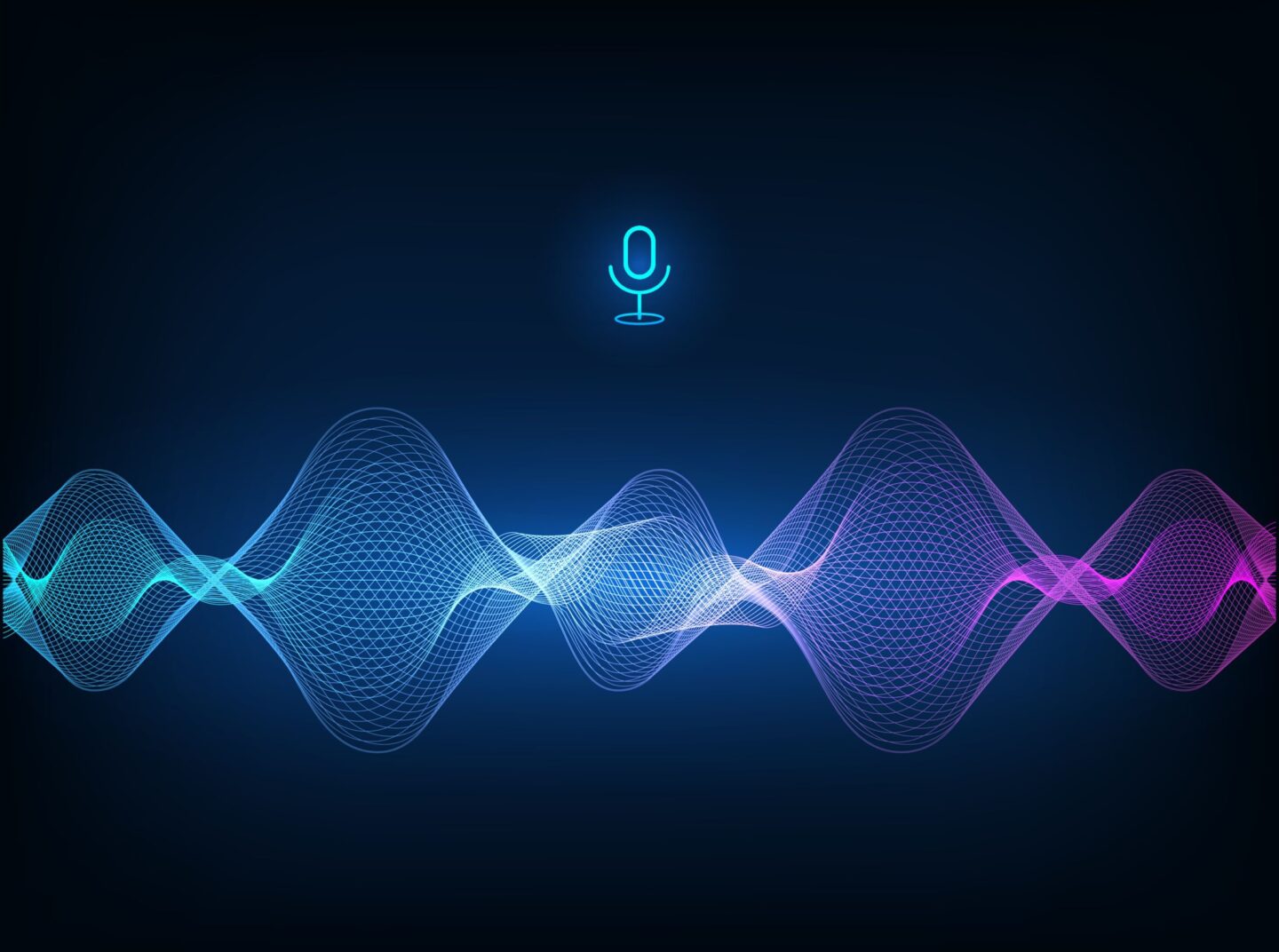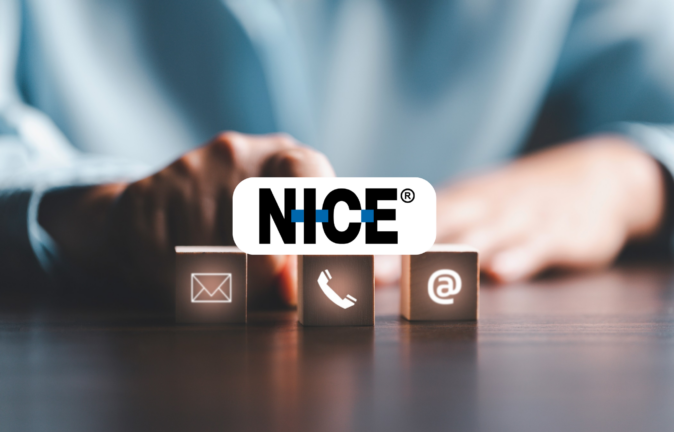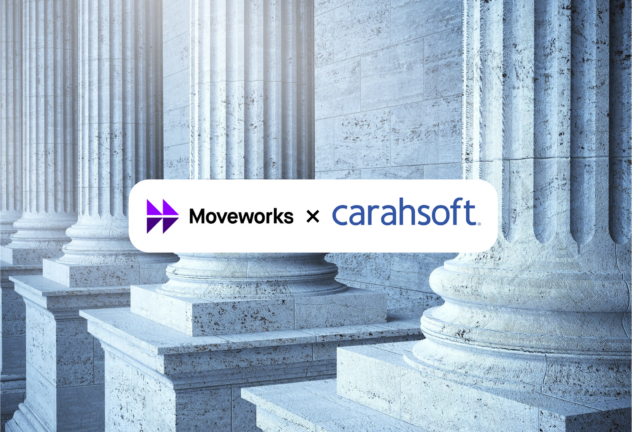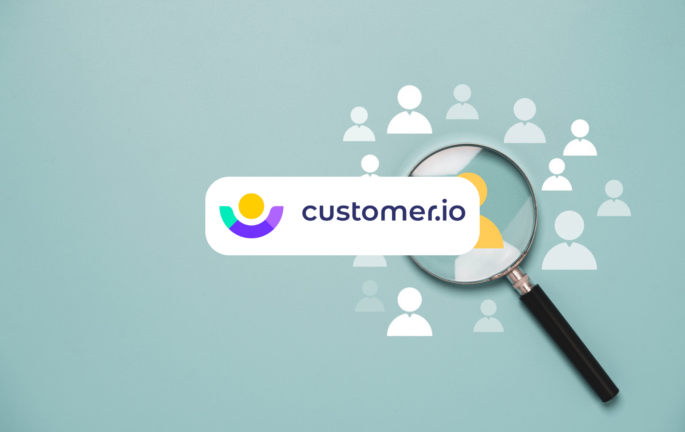With the competitive and evolving market such as Customer Experience (CX), businesses need to keep up with the latest technologies and seek the best tools to gain insights, ensure optimal customer experiences and obtain effective solutions.
One way to ensure this is to use tools such as speech analytics.
Speech analytics is a technology that uses artificial intelligence to understand and analyze human speech. With the right speech analytics, you can uncover what customers really think and thus improve customer experience.
The tool is of paramount importance for contact centers as they seek the most useful and applicable solutions. The fact that the speech analytics software can analyze 100% of calls means that contact centers can be more proactive and have a more accurate view of everything that is happening while interacting with customers.
The speech analytics market that opens up a treasure trove of operational and business insights is expected to grow to $4.5 billion by 2026. That being said, it is important to know how to leverage this powerful analytics tool and all the obtained insights. Here are a few use cases to start with:
1. Eliminating Agent Non-Compliance and Customer Fraud
One advantage of speech analytics software is its ability to rapidly analyze 100% of call recordings and spot compliance issues and risk of litigation. The analysis of data helps businesses determine if the workforce is adhering to company policies and guidelines. Knowing that the calls are being recorded and assessed at all times makes employees more aware and ready to go the extra mile, leading to increased customer satisfaction. This way, speech analytics provides the company with effective employee management and helps avoid any damage that can arise from any potential breaches.
2. Reducing Repeat Calls
One of the main metrics of any organization that benefits both customers and the company is First Call Resolution (FCR). On the one hand, customers want to avoid calling a company multiple times for one issue. On the other hand, companies want to avoid the operational costs of documenting multiple interactions about the same issues.
Speech Analytics helps deal with this problem as it assesses and determines what kinds of issues are driving Repeat Calls most frequently. It uncovers the number of Repeat Calls driven by the issue, and the duration of calls and determines the associated cost.
3. Aiming at and Measuring Agent Performance
Having in mind the number of calls and customer queries that an average contact center receives on a daily basis, it is necessary but almost impossible to monitor each agent's call individually. Businesses can leverage speech analytics to measure agent performance and ensure their adherence to guidelines. By listening for keywords and phrases, determining if the agent is following protocols, and analyzing both agents’ and customers’ language and tone for sentiment, every call can be automatically scored against multiple criteria. This allows businesses to improve overall performance with additional training. Further, speech analytics also helps improve the speed to competency for new recruits, saving money and time.
4. Generating Sales
Some of the biggest questions all businesses pose are when to make sales and how to approach customers. Speech analytics helps predict when to make the sales pitch by identifying previous interactions and attitudes of customers. This move successfully eliminates unproductive behaviors that do not lead to sales, leveraging previously determined data that highlights indicators of a successful sale.
5. Driving Cross-Selling and Up-Selling
What real-time speech analytics can do is boost a contact center’s upselling and cross-selling efforts by lowering the reliance on human memory. Contact center speech analytics can provide agents and supervisors with personalized upsell and cross-sell tactics based on each customer’s specific needs. Further, it could help contact centers identify hidden upsell and cross-sell possibilities to boost revenue. Speech analytics also analyzes the types of replies that different clients give in response to ads, making way for adjustments.
6. Gain Insights Into Customers and Competitors
Although already recording and assessing a percentage of calls for compliance and training purposes is a great use case, there are still a host of interactions not being assessed which can offer relevant information. Customers tend to give a lot of detailed information in off-the-cuff comments when discussing prices, how they use products etc. Speech analytics finds the data that goes unnoticed and helps businesses carry out surveys to form their decisions on everything from product development to pricing and market positioning.
7. Carrying Out In-Call Surveys
While speaking to contact center agents, customers tell companies exactly how they feel about products, practices, and competitors. Customer surveys are then used to measure their level of satisfaction, especially right after an engagement or transaction with a company is made. Still, the obtained data isn't always relevant or reliable. Speech analytics software can help fill in the gaps during this process and offer a more reliable method of assessing the information.









